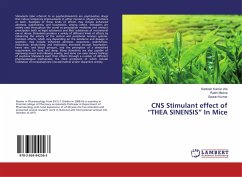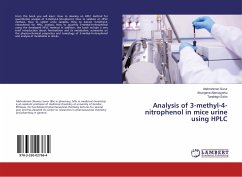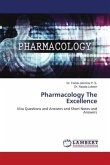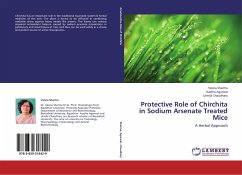Stimulants (also referred to as psychostimulants) are psychoactive drugs that induce temporary improvements in either mental or physical functions or both. Examples of these kinds of effects may include enhanced alertness, wakefulness, and locomotion, among others. Stimulants are widely used throughout the world as prescription medicines and without prescription both as legal substances and illicit substances of recreational use or abuse. Stimulants produce a variety of different kinds of effects by enhancing the activity of the central and peripheral nervous systems. Common effects, which vary depending on the substance and dosage in question, may include enhanced alertness, awareness, wakefulness, endurance, productivity, and motivation, increased arousal, locomotion, heart rate, and blood pressure, and the perception of a diminished requirement for food and sleep. Many stimulants are also capable of improving mood and relieving anxiety, and some can even induce feelings of euphoria Stimulants exert their effects through a number of different pharmacological mechanisms, the most prominent of which include facilitation of norepinephrine (noradrenaline) and/or dopamine activity.
Bitte wählen Sie Ihr Anliegen aus.
Rechnungen
Retourenschein anfordern
Bestellstatus
Storno








